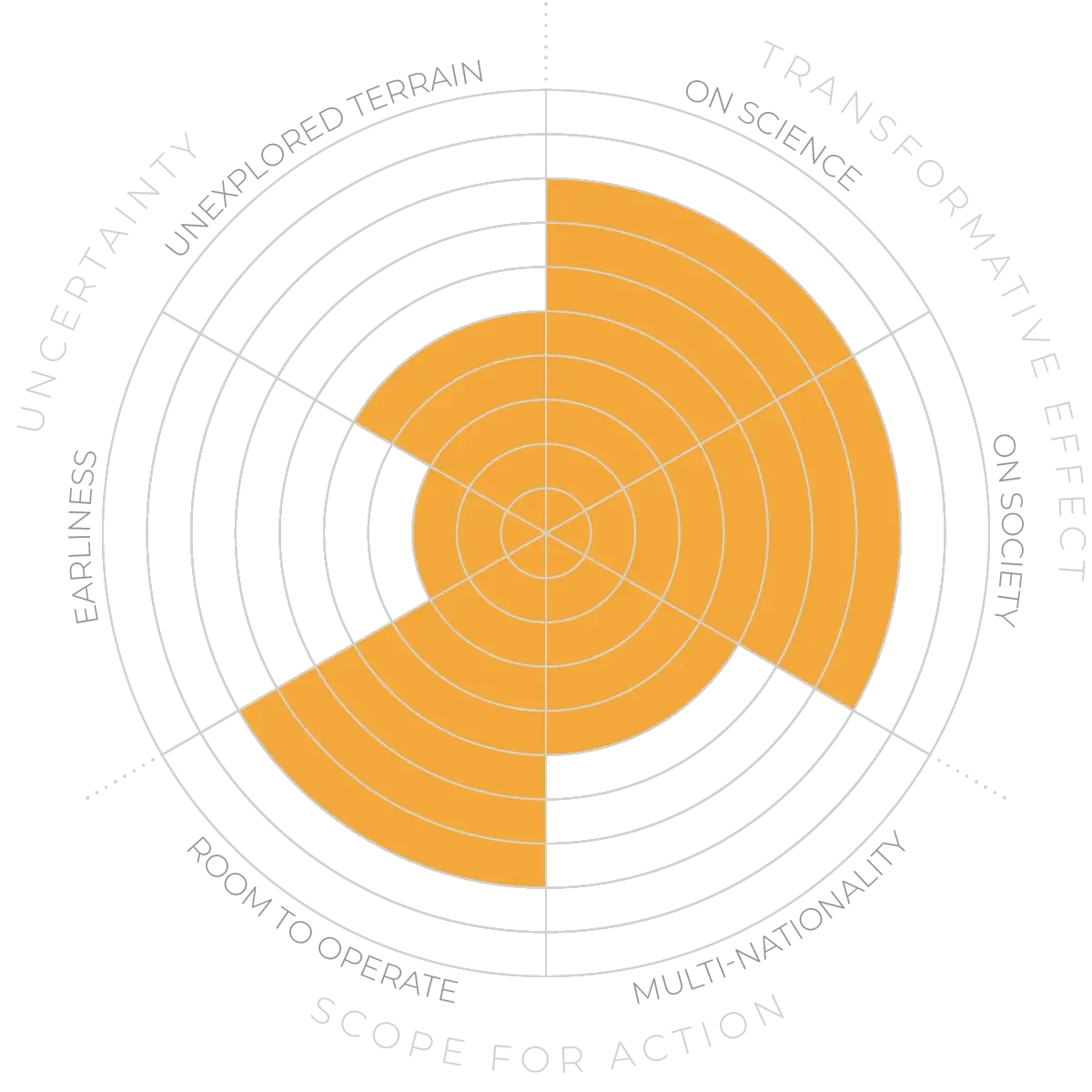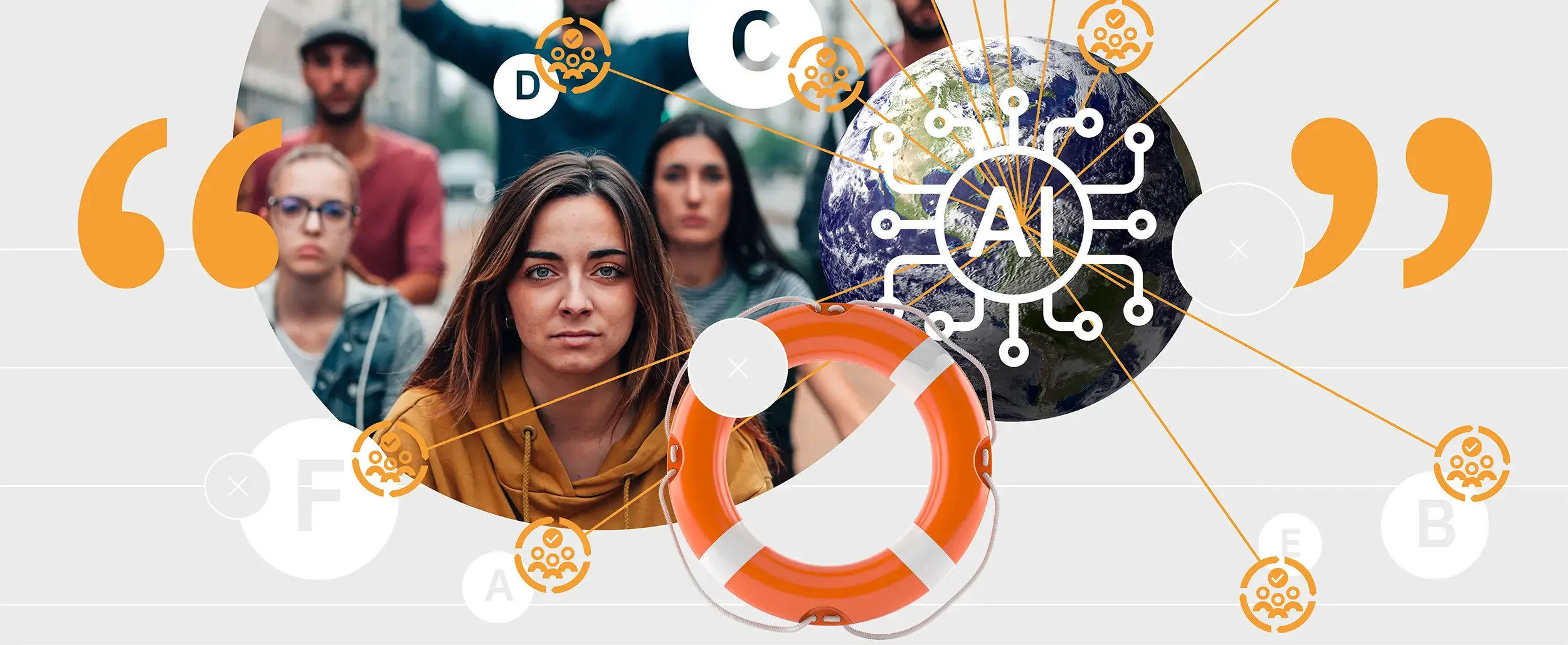Future Horizons:
10-yearhorizon
Mass engagement with participatory futures is routine
25-yearhorizon
Participatory-futures events are established as part of civic responsibility
As a result, there is a need for communities to understand how to think about the future and engage with participatory futures activity. This futures literacy is defined by UNESCO as an essential, universally accessible competency which allows people to better understand how they can anticipate the future and plan accordingly,27 and the organisation has set up more than 100 “labs” aimed at fostering it.28 Research continues to explore how the human mind envisages the future, and how this process might be duplicated or augmented by machine intelligence and immersive technologies.
Participatory futures take a variety of forms but generally aim to tackle a specific challenge, usually beginning with a briefing designed to expose participants to alternative futures, followed by structured discussion to identify and detail those that are preferable.29 These methods are now being trialled to help rural communities define their futures after the net-zero transition, or to help city-dwellers understand how urban design can improve their quality of life.30 The next step is futures resilience: the capacity to survive emerging challenges, obstacles, risks and crises and learn from them how to rethink existing structures, systems and practices.31
Participatory futures and futures literacy - Anticipation Scores
The Anticipation Potential of a research field is determined by the capacity for impactful action in the present, considering possible future transformative breakthroughs in a field over a 25-year outlook. A field with a high Anticipation Potential, therefore, combines the potential range of future transformative possibilities engendered by a research area with a wide field of opportunities for action in the present. We asked researchers in the field to anticipate:
- The uncertainty related to future science breakthroughs in the field
- The transformative effect anticipated breakthroughs may have on research and society
- The scope for action in the present in relation to anticipated breakthroughs.
This chart represents a summary of their responses to each of these elements, which when combined, provide the Anticipation Potential for the topic. See methodology for more information.



